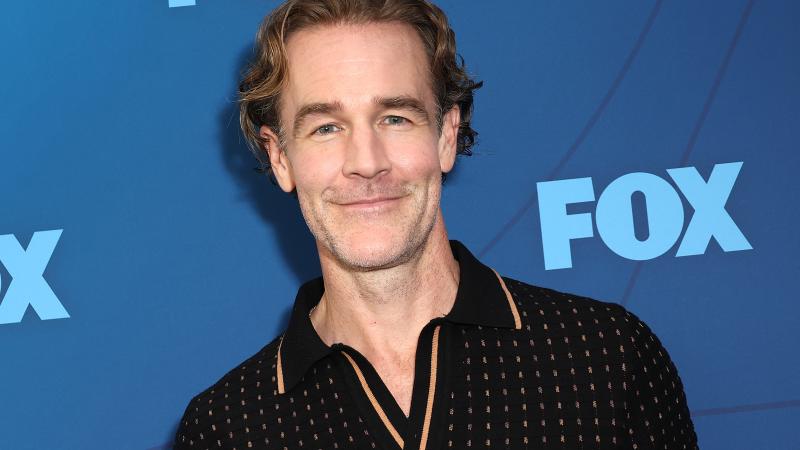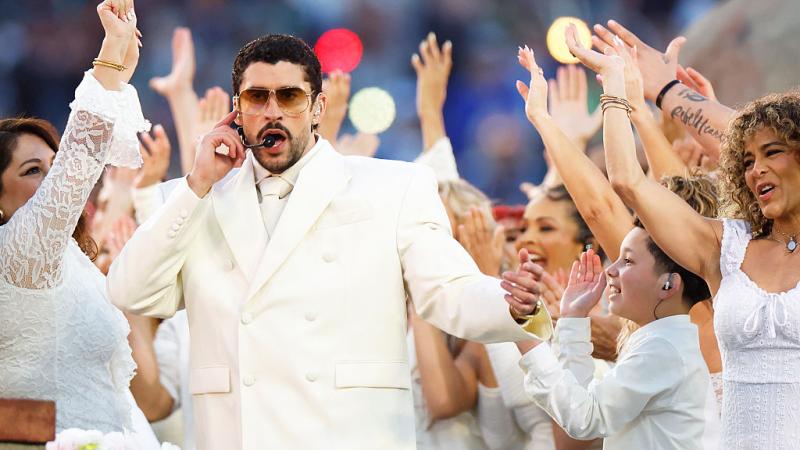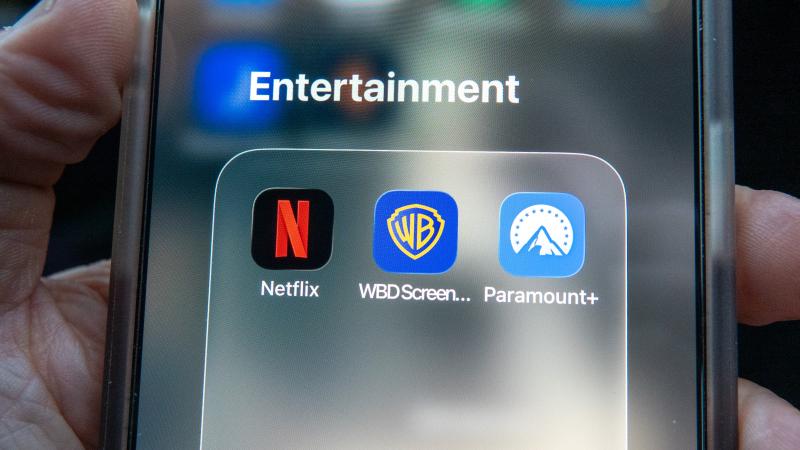Forced apologies and public shaming for doctrinal deviation sweep American culture
'It’s a project to force people to adopt a civic religion directly contrary to their knowledge of the world,' says S.T. Karnick, editor of The American Culture web site.
It’s never been more complicated to say “I’m sorry” in the town square.
New Orleans Saints quarterback Drew Brees learned that after saying he would “never agree with anybody disrespecting the flag of the United States of America.”
Teammate Malcolm Jenkins issued a fiery response. And he was far from alone.
"And it's unfortunate because I considered you a friend,” Jenkins said. “I looked up to you. You're somebody who I had a great deal of respect for. But sometimes you should shut the f--- up.”
"I am sorry,” he posted on Instagram. “And I will do better. And I will be part of the solution. And I am your ally. And I know no words will do that justice. "
Even Brittany Brees, the quarterback’s wife, apologized on his behalf.
Later, Drew Brees took President Donald Trump to task after Trump said he shouldn’t have apologized in the first place. The veteran quarterback still received death threats for his comments.
It’s only the latest example of a broadly held, previously uncontroversial opinion that suddenly had to be recanted and publicly atoned for. Consider actor Mario Lopez’s 2019 comments saying a three-year-old child shouldn’t be able to dictate his or her own gender.
The “Saved by the Bell” alum quickly apologized once the comments went viral.
After being roasted on social media earlier this month for posting three black squares instead of just one to honor the Black Lives Matters movement, a penitent Emma Watson vowed to “work harder externally to actively tackle the institutional and structural racism around us.”
“Over the coming days, I’ll be using my bio link and Twitter to share links to resources I’ve found useful for my own researching, learning, listening,” Watson promised. “I see your anger, sadness and pain. I cannot know what this feels like for you but it doesn’t mean I won’t try to.”
Not all apologies are created equal. Some represent legitimate regret tied to indefensible actions. Roseanne Barr immediately apologized for a racially charged tweet against former Obama White House advisor Valerie Jarrett, for example.
It didn’t prevent ABC from canceling her wildly successful “Roseanne” reboot.
Other apologies smack of political expediency, like when former Vice President Joe Biden apologized for suggesting “you ain't black” if you vote Republican.
Mike Gonzalez, senior fellow at the Heritage Foundation, says the public apologies we see often don’t capture the spirit of the words in play.
“Apologizing is a good thing, so is forgiveness,” says Gonzalez. “We’re called upon to do both.”
That standard doesn’t apply to the Brees apology, though.
“There’s nothing wrong with what he said,” Gonzalez says. “It should still be normal to say that. [The flag] is a symbol of the nation, the goodness of the nation, and it’s to be respected.”
Such apologies remind Gonzalez of Maoist China, where public humiliations enforce the prescribed groupthink.
“The language [Brees] used was straight out of critical social justice ‘I am’ statements like ‘I am an ally’ … you’re only an ally in times of war,” Gonzalez says, adding it’s reminiscent of the “struggle sessions” that took place in Communist China under Mao, often where the dissenting person worked.
For Brees, that meant several teammates used social media to scold him.
Another sports figure, Sacramento Kings play-by-play announcer Grant Napear, resigned this month after the backlash from tweeting, “All lives matter.”
That shaming, Gonzalez says, has a political component.
“The ‘great awokening’ is an opportunity to get across measures and policies that it couldn’t get across democratically,” he says.
Gonzalez ties the Brees apology to similar ones uttered by the now-former editorial page director of the New York Times, James Bennet. The journalist apologized, and then resigned, after publishing an op-ed from Sen. Tom Cotton, an Arkansas Republican. The article suggested the U.S. military might be necessary to quell nationwide riots.
The Times imbroglio, fueled by Bennet’s fellow employees, was meant to “censor debate,” Gonzalez says.
“The Tonight Show” host Jimmy Fallon apologized last week for appearing in blackface in 2000 to mimic comedian Chris Rock.
"There is no excuse for this," Fallon told his viewers. “I am very sorry for making this unquestionably offensive decision and thank all of you for holding me accountable.”
Adam Carolla isn’t sorry.
The podcaster starts his new book, “I’m Your Emotional Support Animal: Navigating Our All Woke, No Joke Culture,” with an unconventional vow.
“I’m not going to apologize for anything in this book,” he writes. “I’m like a country that lets the world know it doesn’t negotiate with terrorists who take hostages. Guess what happens? Less hostages get taken.”
Carolla expanded on that vow during a June 8 Zoom event sponsored by Center of the American Experiment.
“I don’t think it’s ‘Never apologize’ in a sense that there are things you can do wrong as a citizen, as a father, and a husband, whatever,” Carolla said during the online gathering. “As a citizen if you go out drunk driving … and you injure that person, by all means apologize. Whatever Drew Brees said Drew Brees meant. He shouldn’t have walked it back. You may disagree with the way he feels, but it’s still the way he feels … Why does he need to apologize to you?”
Apologies, Carolla says, are about power.
“It’s the ultimate control,” he says. “‘I’m in charge of you and what you’re saying.’”
The founder of the David Horowitz Freedom Center compares the worst public apologies to “the Chinese Cultural Revolution.”
“They humiliated anybody with an independent mind,” says Horowitz, author of the new book “Blitz: Trump Will Smash the Left and Win.”
“There’s nothing Drew Brees can do … all the sports world bows to Nike,” Horowitz says, referencing that company’s commitment to both social justice and former NFL player Colin Kaepernick, the athlete who kick-started the sport’s “kneeling” protests.
“What is Drew Brees gonna do to stand up to this community?” Horowitz asks.
S.T. Karnick, editor of The American Culture web site, says in the current climate, “no deviations from dogma are permissible.”
“It’s a project to force people to adopt a civic religion directly contrary to their knowledge of the world based on years, and even decades, of experience,” Karnick says.
The Facts Inside Our Reporter's Notebook
Links
- ESPN: Drew Brees draws backlash for 'disrespecting the flag' comment
- USA Today: Brees Instagram apology
- Mercury News: Drew Brees' wife apologizes for his flag comments
- Brees took President Donald Trump to task
- Yahoo: Brees received death threats over flag comments
- Mario Lopez: Dangerous for parents to support transgender kids
- Deseret News: Emma Watson apologizes
- The Hill: NYT editorial page director resigns after publishing Tom Cotton
- USA Today: Jimmy Fallon addresses blackface controversy
- The American Culture
















